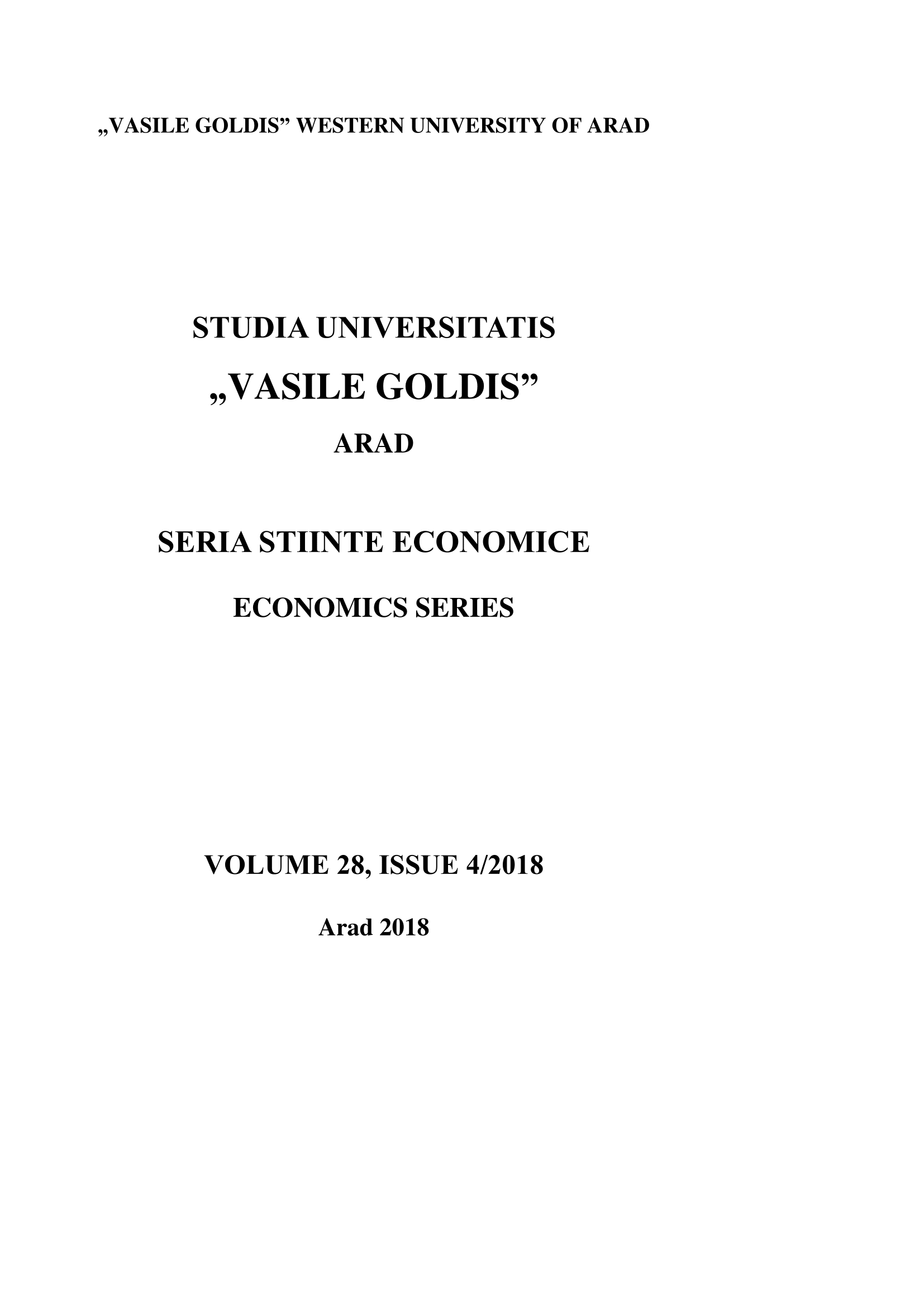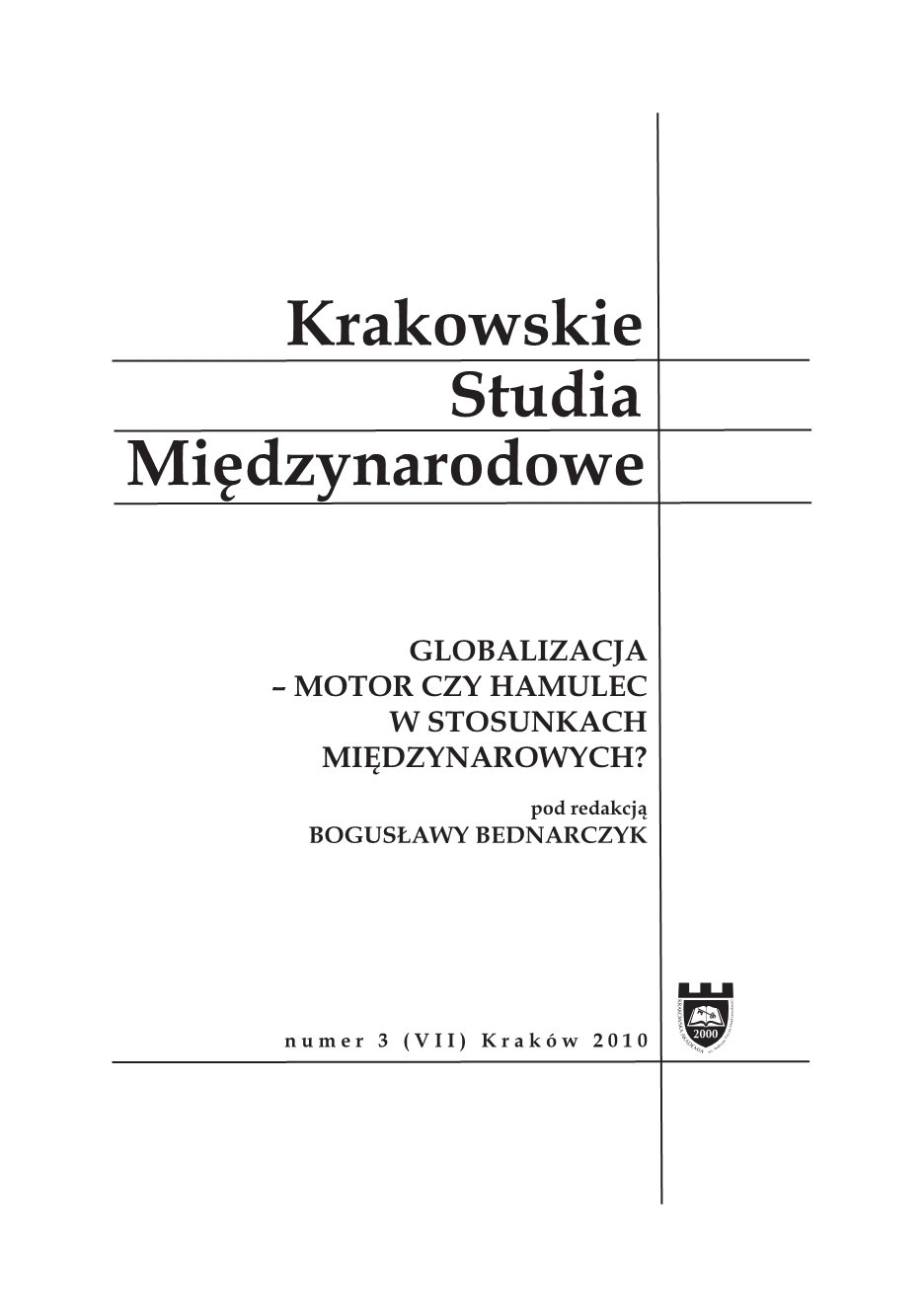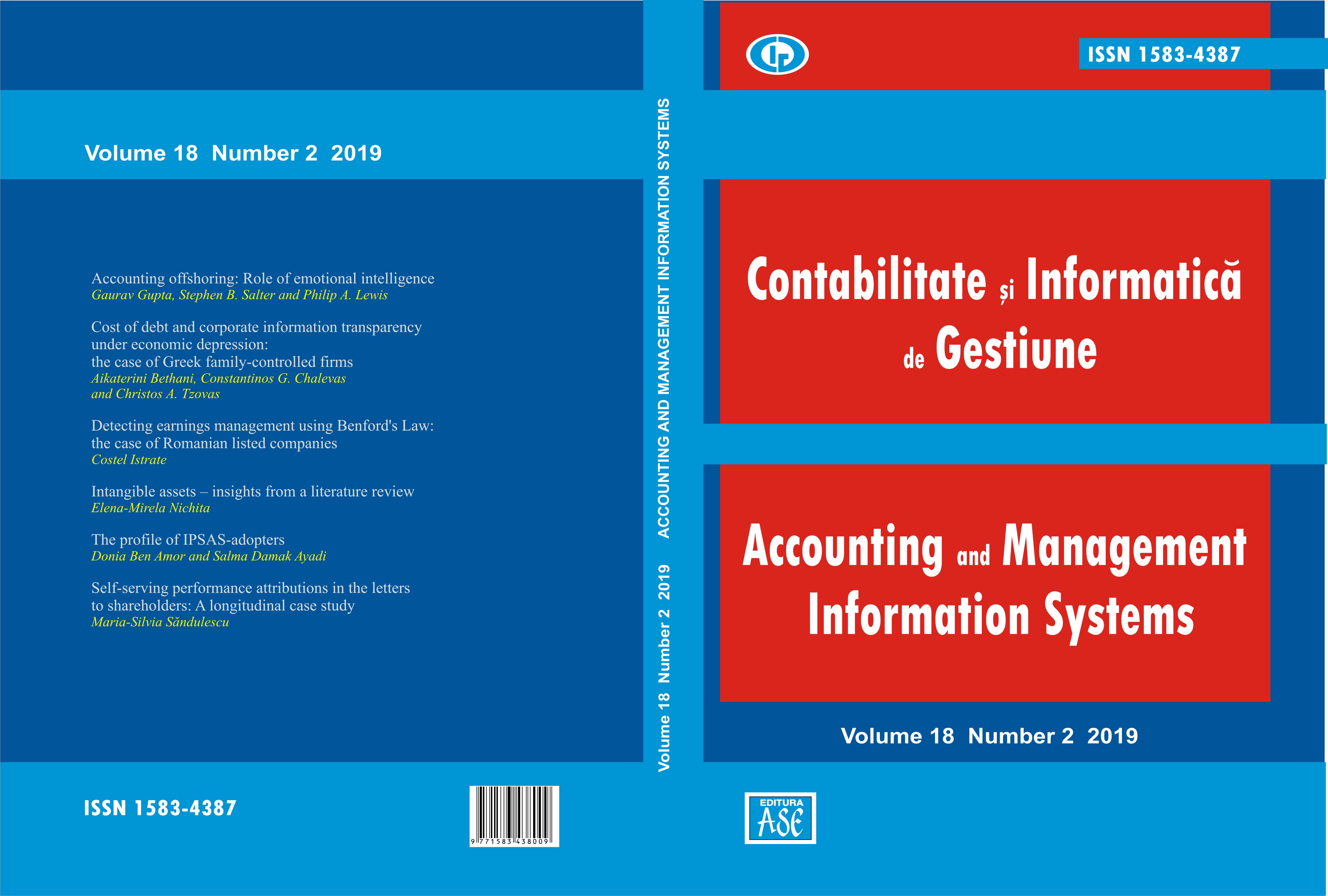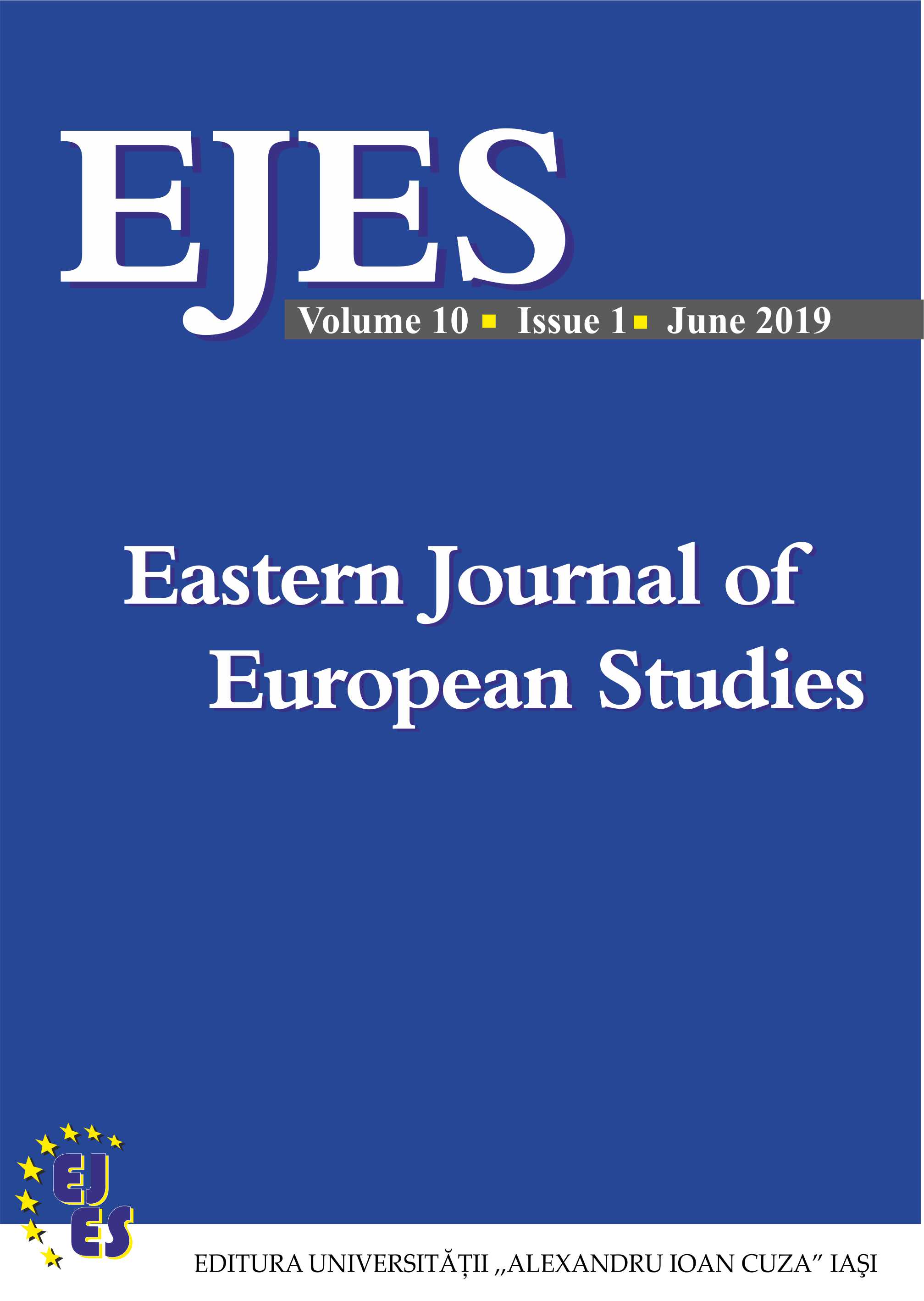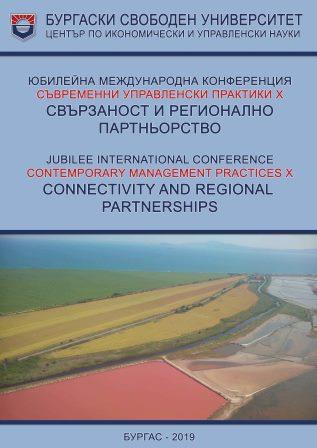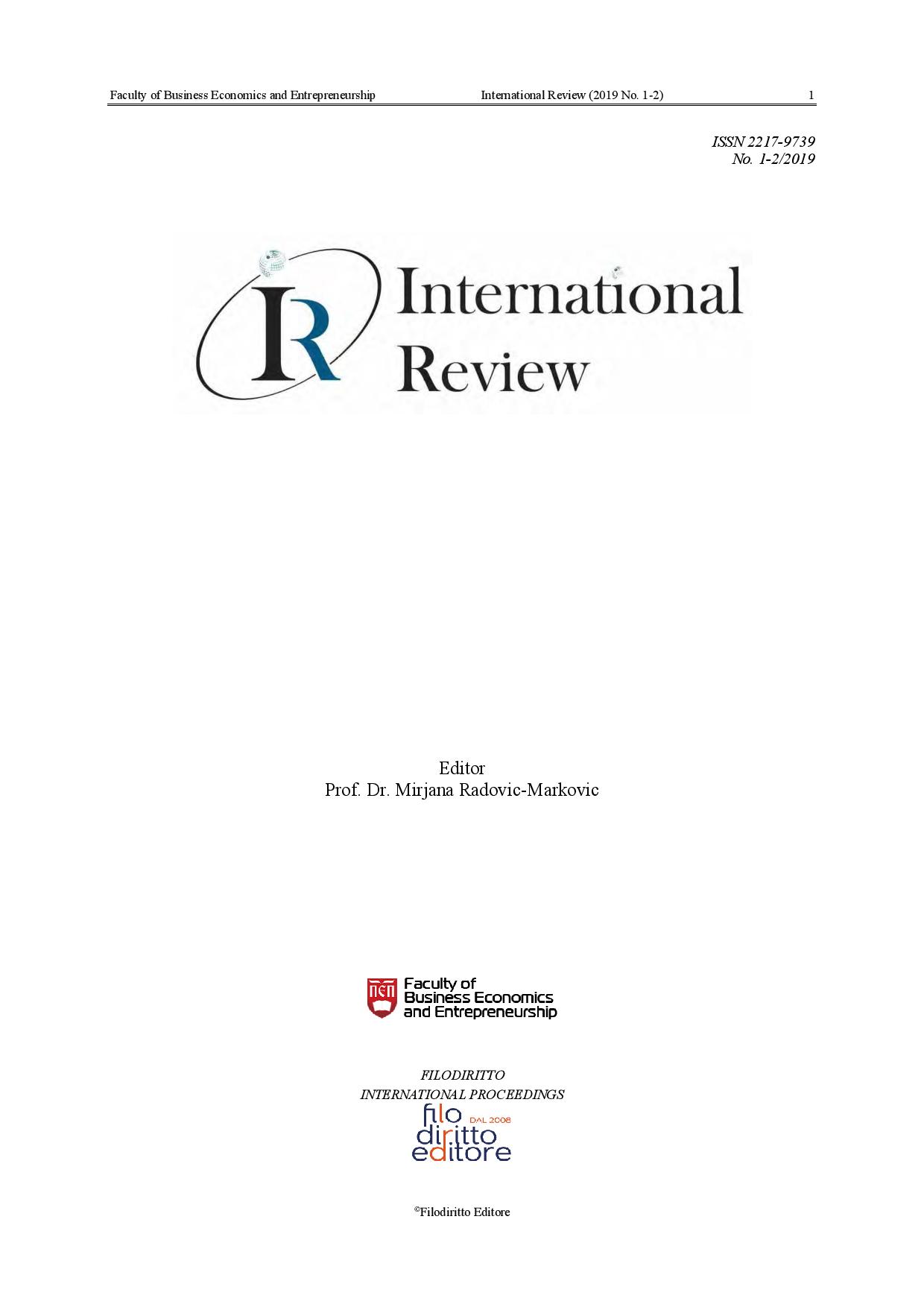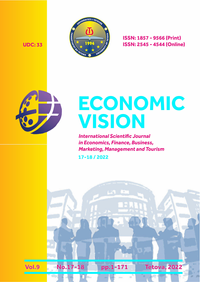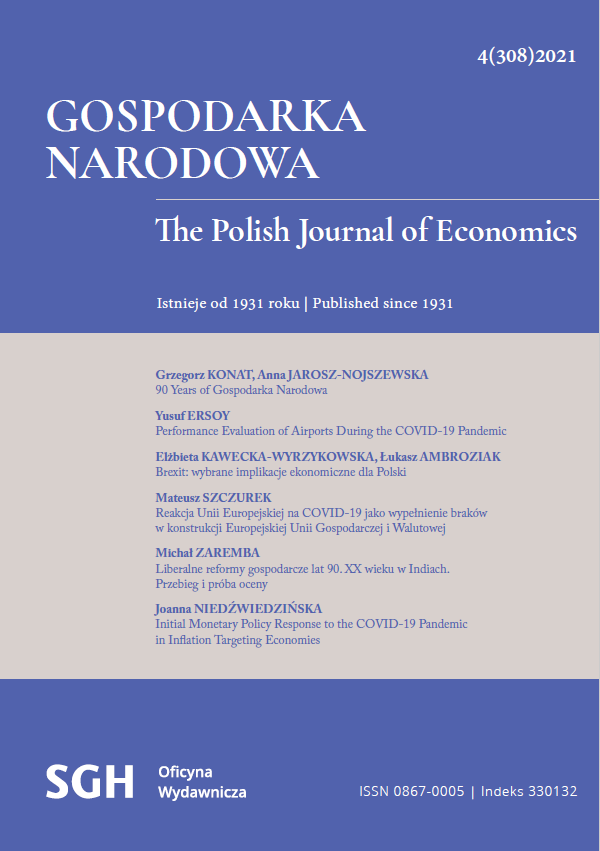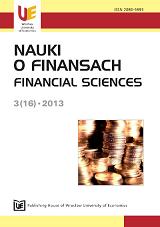
Enterprise valuation using the adjusted net assets methodology – case study
Enterprise valuation using the adjusted net assets methodology – case study
Keywords: company valuation; net assets; equity; liabilities
The purpose of this article is to supplement the space between the theoretical and practical approach to business valuation method adjusted net assets. The combination of legal principles and recommendations of how to establish the theoretical adjustment of individual balance sheet items valued companies, using the examples from the Polish capital market, allows the reader familiar with same accounting policies to make the company’s valuation using the presented method. The author proposes ways to determine the corrections, especially for other funds, unlisted joint stock companies and bonds due to the acceptance of an independent auditor and the Financial Supervisory Commission who, in turn, provide an assurance of the correctness of a valuation prepared in this way.
More...


